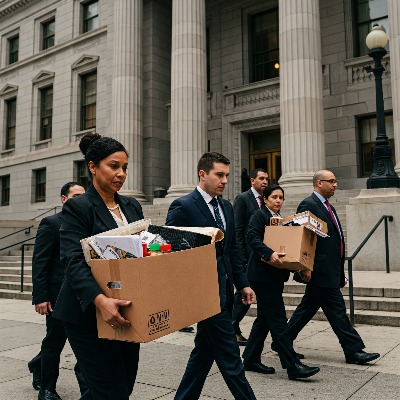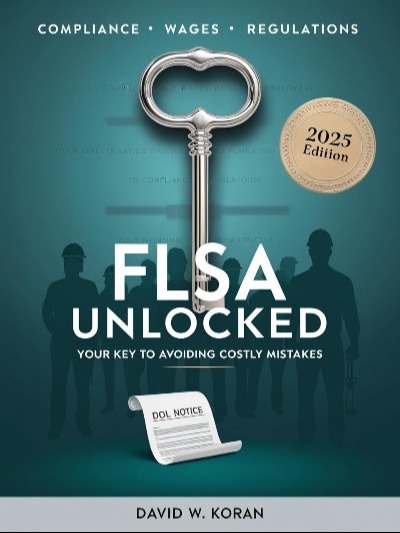Layoff Fallout: Federal Employee Cuts Set Stage for Surge in FLSA Lawsuits
The sweeping federal employee layoffs, driven by the "Department of Government Efficiency" (DOGE) initiative, are not just about workforce reduction; they're laying the groundwork for a significant uptick in Fair Labor Standards Act (FLSA) lawsuits. As federal employees face job insecurity and increased workloads, they're poised to scrutinize past and present work practices, potentially uncovering a wealth of FLSA violations.
The current climate of layoffs creates a perfect storm for litigation. Employees, feeling vulnerable and potentially aggrieved, are more likely to seek legal recourse, and the FLSA provides a powerful tool for doing so. This is particularly true given that the act has a lookback period, meaning past violations can be brought into current litigation.
A Perfect Storm of Potential Violations:
- Overtime Disputes:
- With fewer employees to shoulder the workload, overtime hours are inevitably on the rise. This creates a prime opportunity for FLSA violations, as agencies struggle to accurately track and compensate for the increased hours.
- Employees who have consistently worked unpaid overtime in the past, or who anticipate future unpaid overtime, are now more likely to document these instances and seek legal redress.
- Misclassification Woes:
- As agencies reorganize and redefine roles, employee classifications are likely to shift. This opens the door to misclassification disputes, where employees argue they were wrongly designated as exempt from overtime pay.
- Employees who have felt misclassified for years now have a greater incentive to act on those feelings.
- Recordkeeping Scrutiny:
- Layoffs can strain agency resources, potentially leading to errors in timekeeping and payroll records. Employees, aware of this potential, are more likely to meticulously track their hours and scrutinize their pay stubs.
- Any discrepancies, past or present, will be seen as potential evidence of FLSA violations.
- Retaliation Fears and Actions:
- When employees see large layoffs, they become more aware of the power that their employer holds. This can cause employees to be afraid of retaliation, but also to act quickly when they feel they have been wronged.
- FLSA laws protect against retaliation, and employees will be more likely to use those protections.
- Past Grievances Come to Light:
- The stress and uncertainty of layoffs will cause many employees to review their entire employment history. Past grievances that were previously ignored may now be seen as major violations.
- The FLSA has a statute of limitations, but those limitations will now be tested.
The Power of the Lookback Period:
A key factor fueling the potential surge in FLSA lawsuits is the act's lookback period. This allows employees to seek compensation for past violations, even if they occurred years ago. Employees facing layoffs are likely to delve into their employment history, uncovering past instances of unpaid overtime, misclassification, or other FLSA violations.


